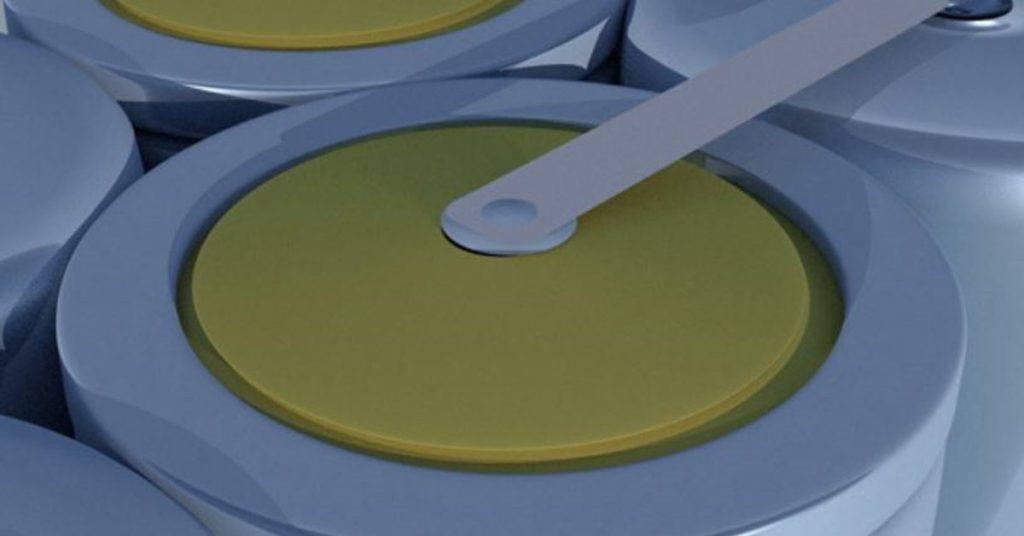Science.- Lithium-ion batteries for safer vehicles

:quality(85)/cloudfront-us-east-1.images.arcpublishing.com/infobae/AAAZNN4HBBHEPHOXFN7RD2SWOQ.jpg 420w,https://www.infobae.com/new-resizer/d_m8rfI70ycUt7q-7Kj4wkVYhPQ=/768x512/filters:format(jpg):quality(85)/cloudfront-us-east-1.images.arcpublishing.com/infobae/AAAZNN4HBBHEPHOXFN7RD2SWOQ.jpg 768w,https://www.infobae.com/new-resizer/FxlUHGoZNOFgjNTAdCoYU3svsqY=/992x661/filters:format(jpg):quality(85)/cloudfront-us-east-1.images.arcpublishing.com/infobae/AAAZNN4HBBHEPHOXFN7RD2SWOQ.jpg 992w,https://www.infobae.com/new-resizer/vr9S5vxjj7uN4s0Guc8NL1jbSNI=/1200x800/filters:format(jpg):quality(85)/cloudfront-us-east-1.images.arcpublishing.com/infobae/AAAZNN4HBBHEPHOXFN7RD2SWOQ.jpg 1200w)
Madrid, 16 (Europe Press)
The materials used in lithium-ion batteries fall short in safety and performance and hamper the next generation of high-performance batteries.
In particular, the development of the electrolyte is a major challenge for higher energy batteries suitable for energy storage and vehicle applications.
In the Faculty of Chemistry at Monash University, scientists led by Professor Doug MacFarlane and Dr. Mega Carr working with local company Calix Ltd. have devised alternative solutions to this challenge using new chemistry.
“The lithium salt currently used in lithium-ion batteries is lithium hexafluorophosphate, which presents a fire and safety risk as well as toxicity,” Professor MacFarlane said in a statement.
“In smaller portable devices, this risk can be partially mitigated. However, in large battery packs, such as electric vehicles and off-grid energy storage systems, the potential risk increases exponentially. High-voltage and high-power batteries are also powered by the drawing board. But you can’t use the hexafluorophosphate salt.”
In a paper published in Advanced Energy Materials, chemists describe a new lithium salt that can overcome electrolyte design challenges and replace the hexafluorophosphate salt.
“Our goal was to develop safe fluoroporates, which are unaffected even if we expose them to air,” said lead study author Dr Benayak Roy, from Monash University’s School of Chemistry.
“The main challenge with the new fluoroborate salt was to synthesize it to battery purity, which we were able to do through the recrystallization process,” he said.
“When placed in a lithium battery with lithium manganese oxide cathodes, the cell cycled for over 1,000 cycles, even after exposure to the atmosphere, an unimaginable feat compared to a highly sensitive hexafluorophosphate salt.”
According to Dr. Roy, when combined with a new cathode material in a high-voltage lithium battery, this electrolyte is far superior to conventional salt. Furthermore, salt was found to be very stable in existing aluminum assemblies at higher voltages, as is required for next-generation batteries.

“Future teen idol. Hardcore twitter trailblazer. Infuriatingly humble travel evangelist.”




:quality(85)/cloudfront-us-east-1.images.arcpublishing.com/infobae/BNGH73UCKQAZSQPCODUWO2BE5Y.jpg)





